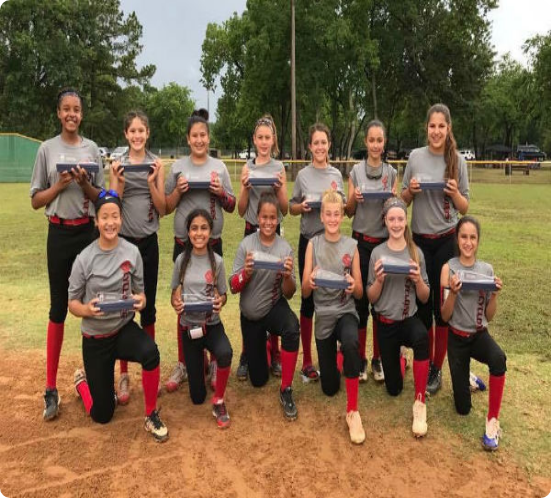PLAYING WITH PURPOSE
SPORTS
Hitting & Training Facility
Playing With Purpose Sports (PWPS) Hitting & Training Facility is an indoor athletic training facility that is located in Santa Fe, TX. PWPS has full length batting cages, a hitting station offered with team rentals along with softball and baseball pitching machines. Our indoor cages are also retractable for fielding practice as well. Our cages are open to the public. We pride ourselves in creating a low key and clean environment where athletes can train to get better.
PWPS also has several top notch instructors that are available when you need them. Batting lessons, pitching lessons, or fielding lessons. You name it and our instructors know it and are excited to teach the next generation!
We enjoy being a part of a close community and we appreciate the love support from all of our Customers
Versatile Equipment
Our pitching machines, balls, safety nets, etc, are customizable and great for teams and players.
Batting Cages
XL batting cages with flexible ways to set up due to retractable nets. Capable of having multiple things going at one time in one cage!
Packages At Reduced Pricing
Convenient bundled packages at reduced pricing for lessons, cages, and hitting station.


Coach T
Practice with a purpose.
Play with a passion.


Training

Our Blogs




Pricing plans











